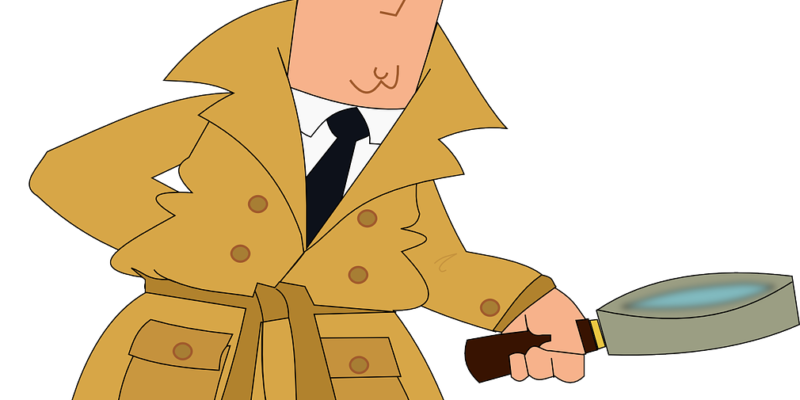
What’s the Current Job Market for diana shaw inspector general Professionals Like?
The inspector general is an independent, not-for-profit organization dedicated to improving the environment by helping consumers better understand the importance of purchasing and recycling. The IG is a nonpartisan, independent, not-for-profit organization that seeks to reduce the environmental impact of buying and recycling through education. We are the first national environmental watchdog to be dedicated to improving the quality of our nation’s recycling, and we are in the process of creating a national database of recycling rates within the United States.
The IG is a member of the Sustainable Business Network, a non-profit membership association dedicated to promoting and protecting the integrity of the business and consumer markets through the promotion of responsible business practices, fair business practices, and fair prices.
We are committed to making recycling clean and effective, which is why we are taking a proactive approach to our work and have launched the diana shaw inspector general, which will be part of our efforts to ensure that recycling programs are working toward the same goals as our other national environmental programs.
I feel like they were all talking about the same thing. The term “recycle” is a bit of a misleading one, because what happens in the recycling process is much more complicated than just having a bunch of plastic bottles and cans and food scraps. The end result of the recycling process is that the materials are separated and treated and all sorts of things that you would normally think of as “recycled” are now viewed as “green.
When it comes to environmental programs, there are two types of people I am talking about: those who are excited about the idea of recycling and those who are against it. I am excited about recycling because it is exciting. I am not a fan of recycling because recycling is such a slow and painful process that is incredibly inefficient. I am not opposed to recycling because I don’t understand the process but I am against recycling because it is a horrible practice that is not in the best interests of the environment.
That’s not a fair comparison. The people who are against recycling are people who are not in the best interests of the environment. People who are not in the best interests of the environment are actually the ones who have no desire to take advantage of the recycling process. They are those who say, “Why don’t we just buy the newspaper, throw it in the trash, and forget about it?” This is a great example of a society that is truly wasteful.
The fact is, the only recycling that really makes sense is the kind that happens through the government, which is the kind that is not subject to any government regulation. When most people think of recycling they think of the “trash can” variety, but most cans are actually made of plastic, and since there is no such thing as a “trash can”, it can be impossible to say which is which.
There is no such thing as a trash can, it is a can. When I was a kid, the first time I saw a trash can was on the back lot of the local library, but they were out of the plastic kind, and then the big blue and yellow ones that you might see at the grocery store.
Plastic is the best of the two, as it is recyclable. It is not, however, as durable as steel or glass, and it is not nearly as easy to recycle because it is made from petroleum plastics, which are a synthetic form of plastic that is usually pretty cheap, but since these are “natural” like you find them in nature, you can’t really do a very good job of trying to recycle them unless you have a very large supply of them.
Plastic is, in fact, quite durable, but a lot of it is pretty cheap, which means that it is easy to make a good deal of plastic garbage. This gets compounded by the fact that plastic waste is often incinerated, which makes it a lot harder to recycle.
